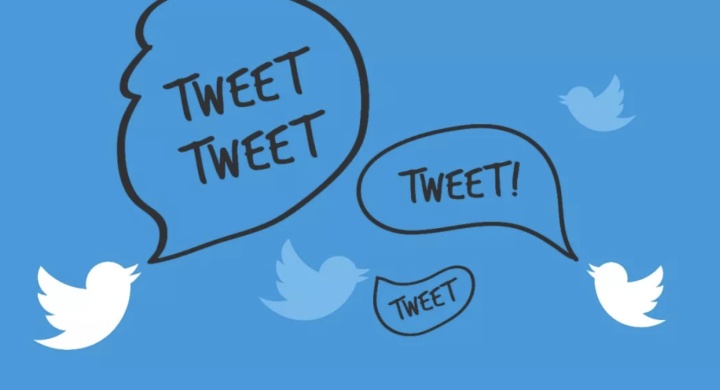Advertisement
Hashtags are a common feature of social media content and are widely used in search engines.
Any topic that aims to appeal to a broad audience usually comes with an impressive subject tag -- # MeToo, # LoveWins, # BlackLivesMatter, # COVID19, #SupremeCourt, etc.

This form of “hashtag + subject word” firstly appeared on Chris Messina’s Twitter in 2007, an open source advocates whose early ideas would later spawn the so-called blog (tears of The Times). Now, #hashtags have become rampant in the social media environment, and appeared regularly in ads and even campaign slogans, and even in spoken language.
But can a hashtag be considered as a word? Is it a new way of making word?
If a linguist knows only one thing, it would be linguistics. But when it comes to hashtags, it gets complicated.
In a study based on thousands of New Zealand English tweets, local linguists have concluded that subject tags are at the most artificial words.
The word
Firstly, let us look at how we usually recognize words.
The simplest way is to follow the native speaker’s intuition.
When we read the above sentence, we will identify each unit separated by space and punctuation. Those basic units are words.... But, when we read “speaker’s”, do we think that's a word?
Advertisement
A non-linguist might think of it as a word. Grammarians might argue that these are two or worse 1.5 words: S with possessive case, not technically a word, but not a non-word either.
But using a space as a word boundary clue is a luxury that applies only to the written language. What about languages that only have spoken forms, such as New Caledonia's Dinlin?
Voice clues (short pauses in the voice) are no longer reliable. Many grammatical words (such as articles (the, a) and prepositions (to, of, at) are frequently used, but are usually unstressed and voiced.
As the linguists Laurie Bauer and Martin Haspelmath have described, almost all standards for words have problems of their own.
#HashtagsNotWords
There are two main theories about the language state of topic tags. The first statement is that the subject tag is like a compound. Essentially, this is the way to make new words by combining two (or more) existing words together.
 The second idea is that subject tags are words, and they are produced by a completely different process than what we have seen before. This notation is a much looser way of forming words with fewer restrictions. Once the # sign is used and there is no space between the parts, a new word is born -- # lovehashtagging, # lazysundayafternoon, # MaoriLanguageWeek.
The second idea is that subject tags are words, and they are produced by a completely different process than what we have seen before. This notation is a much looser way of forming words with fewer restrictions. Once the # sign is used and there is no space between the parts, a new word is born -- # lovehashtagging, # lazysundayafternoon, # MaoriLanguageWeek.
Our study object labels as words. We recommend recognizing of subject tags as something that literally looks like words but is much more versatile and like keywords in a library catalogue or search engine.
Just because labels are not words in themselves, however, it does not mean they are linguistically boring. On the contrary, we've found that hashtags allow us to express ourselves in creative ways, and they're used for a variety of functions, including showing humour and word puzzle.
The subject tag also shows new ways to use lexical resources from different languages. A mixed tag, as we call it, is a tag containing one or more words from two different languages (by our case, English and Maori New Zealand). Examples include # kiaora4that and #letssharegoodtereostories.
Social media languages will not lead to the end of traditional languages, and they help to increase the understanding between human beings.